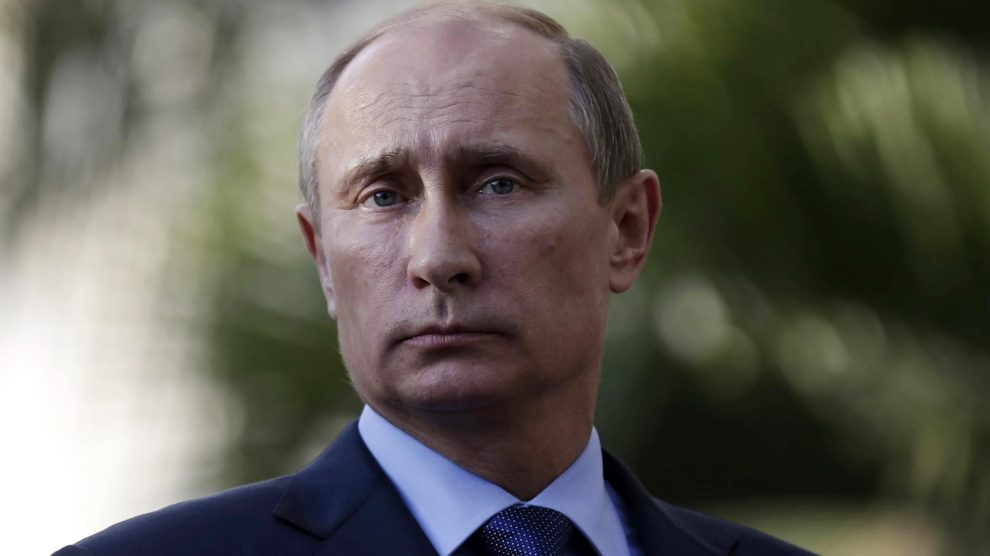Russia’s clearly angered by Italy, as the last days have shown. And that’s most likely because the country is no longer Europe’s soft (Russophile) underbelly.
- From the onset of the invasion, Mario Draghi’s government has been steadfast in its support of Ukraine and its condemnation of the Kremlin.
- That’s despite the unrelenting disinformation campaign on the Italian media and the existence of a Russophile front in Italian politics, using the pretence of pacifism to amplify pro-Russia talking points.
Pack your bags and leave. On Wednesday, the Russian Foreign Ministry expelled 24 Italian diplomats and gave them eight days to leave the country. But while this might look like standard procedure, a closer look demonstrates just how angered the Kremlin is.
- The event was framed as a tit-for-tat response to Italy expelling 30 Russian diplomats (citing national security reasons) on April 5 due to Russia’s invasion of Ukraine.
- So goes diplomacy: every expulsion is matched by an equal and opposite one. In fact, Russia expelling fewer operatives than Italy was interpreted by some as an acknowledgement of the “special relationship” between Rome and Moscow. But in reality, it’s quite the opposite.
How Russia mangled the Italian embassy. The Russian response was disproportionate when accounting for the embassies’ relative sizes, and it signals an unprecedented degree of tension in bilateral relations.
- Italy had expelled 30 diplomats, perhaps less than a sixth of the participants in the Russian mission to Italy, thus leaving the operation essentially intact (going by the quality and quantity of operatives);
- Instead, Russia all but wiped out the Italian mission to Moscow by expelling 24 of the most important diplomats. For instance, only three of the eleven career diplomats in the mission, including Ambassador Giorgio Starace himself, remain in place.
- Insiders told Decode39 that Italy’s embassy must now de facto freeze operations.
And that’s just one of many signals. For instance, Italian institutions and companies have been targeted by Russian cyberattacks for months on end.
- A recent escalation entailed several DDoS brute-force attacks by two Kremlin-linked hacking collectives, known as Killnet and Legion, which hit the Italian
- The Italian intelligence and National Cybersecurity Agency anticipate that cyber aggressions will worsen in the near future.
- Meanwhile, there’s an ongoing propaganda operation in the Italian media. The airtime devoted to Russian pundits and government officials is – by their own admission – unparalleled in other European countries.
- This surplus of Russian attention towards the Italian political and media space signals the need for a “counterattack” to reverse the course of Mr Draghi’s government.
Meanwhile, Italy puts in the legwork. Rome has now shipped its third package of military supplies to the Ukrainian resistance, arguably the real reason behind Russia’s anger.
- The Italian equipment is effective, and the logistics allow for immediate deployment in the field. A good gauge of the Kremlin’s unhappiness in this regard is the Russian institutions’ constant bashing of Italy’s Defence Minister, Lorenzo Guerini.





